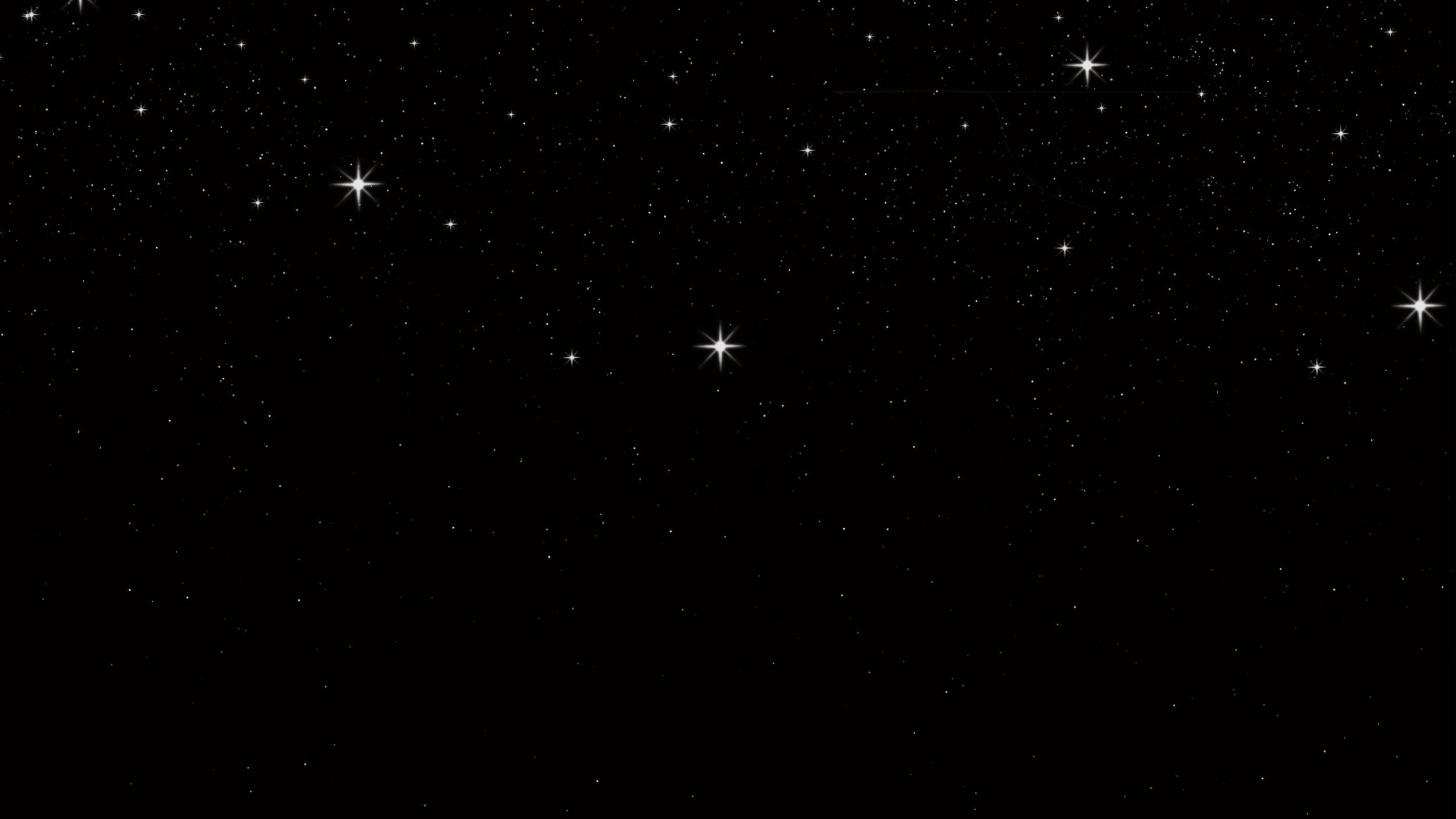
ABOUT
Night School is a community learning program AND a neighborhood bar!
We offer high-quality, sliding-scale classes in the
arts & humanities for curious adults, taught by expert instructors, both online and in-person.
The bar is open to the public Thursday-Saturday, 5-11 PM. Enter in the rear when class is in session.

-
Night School Bar is a community learning program and neighborhood bar. We offer classes in the arts & humanities to curious adults on a sliding-scale basis. Our instructors are trained in the study of literature, art, music, anthropology, philosophy, and history, as well as race and gender studies and class analysis. We aim to empower students to study in ways that enrich their lives: we give them the critical vocabulary necessary to analyze their lived experience as well as courses around timely topics that help to process our present moment, leading to greater fulfillment and more just ways of being in the world.
-
Our student body is diverse, ranging from folks in their early twenties to well into their sixties and seventies, across race and gender demographics. Many are full-time working adults looking to expand their interests and thinking, others are artists and writers, or even under/unemployed; all are seeking meaning and connection. In addition to the immediate rewards of study, many students use our classes to gain education in diversity, prepare to return to higher ed, or get the humanities experience they never had in school.

